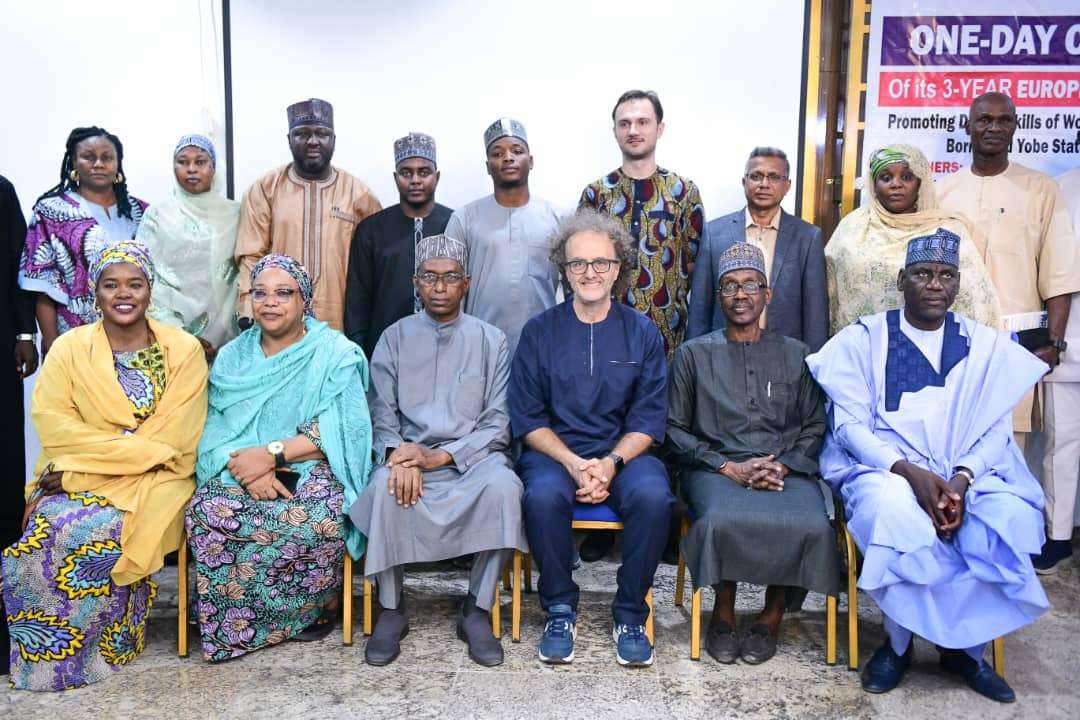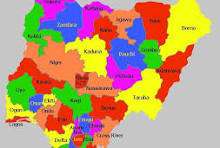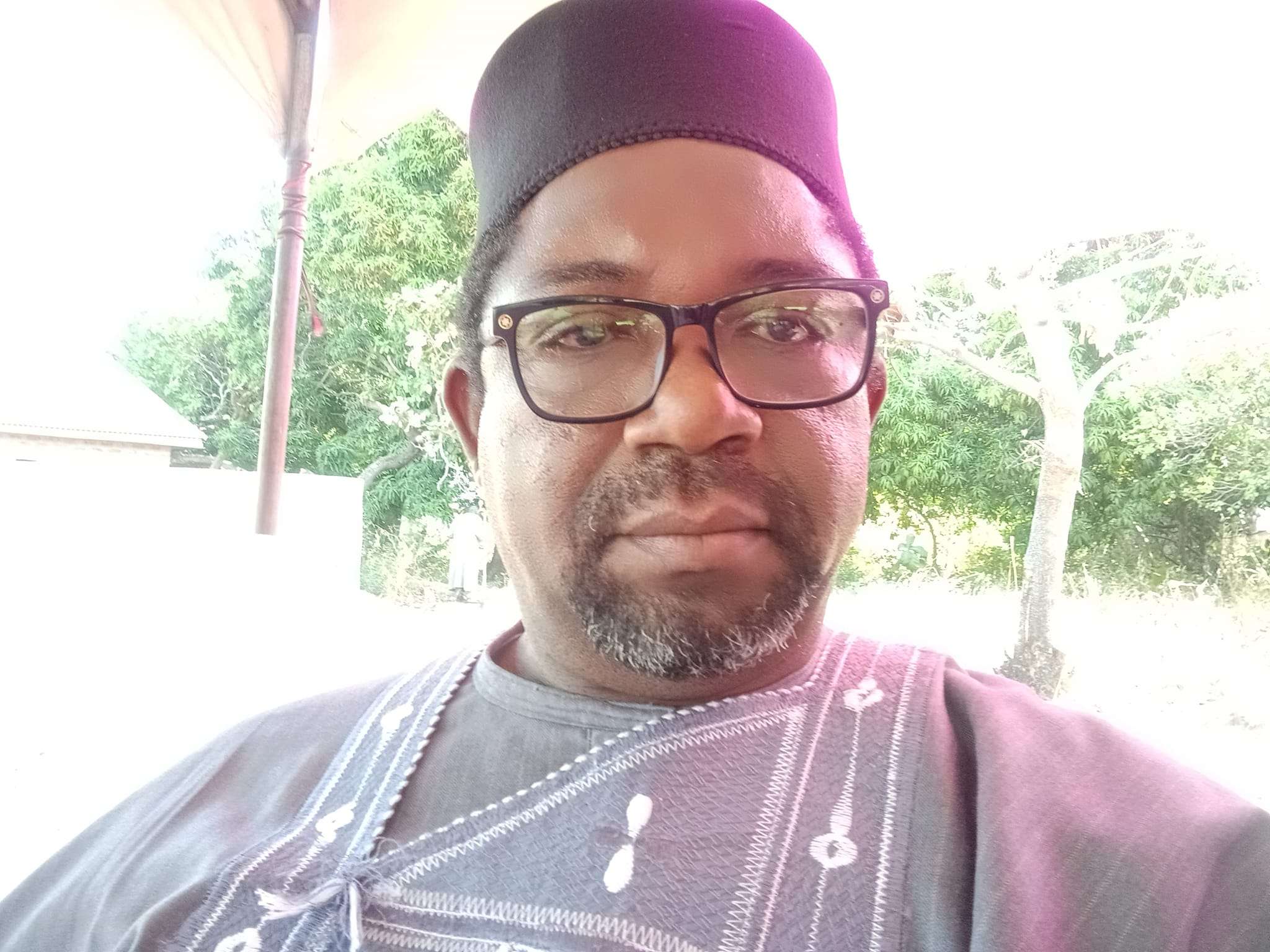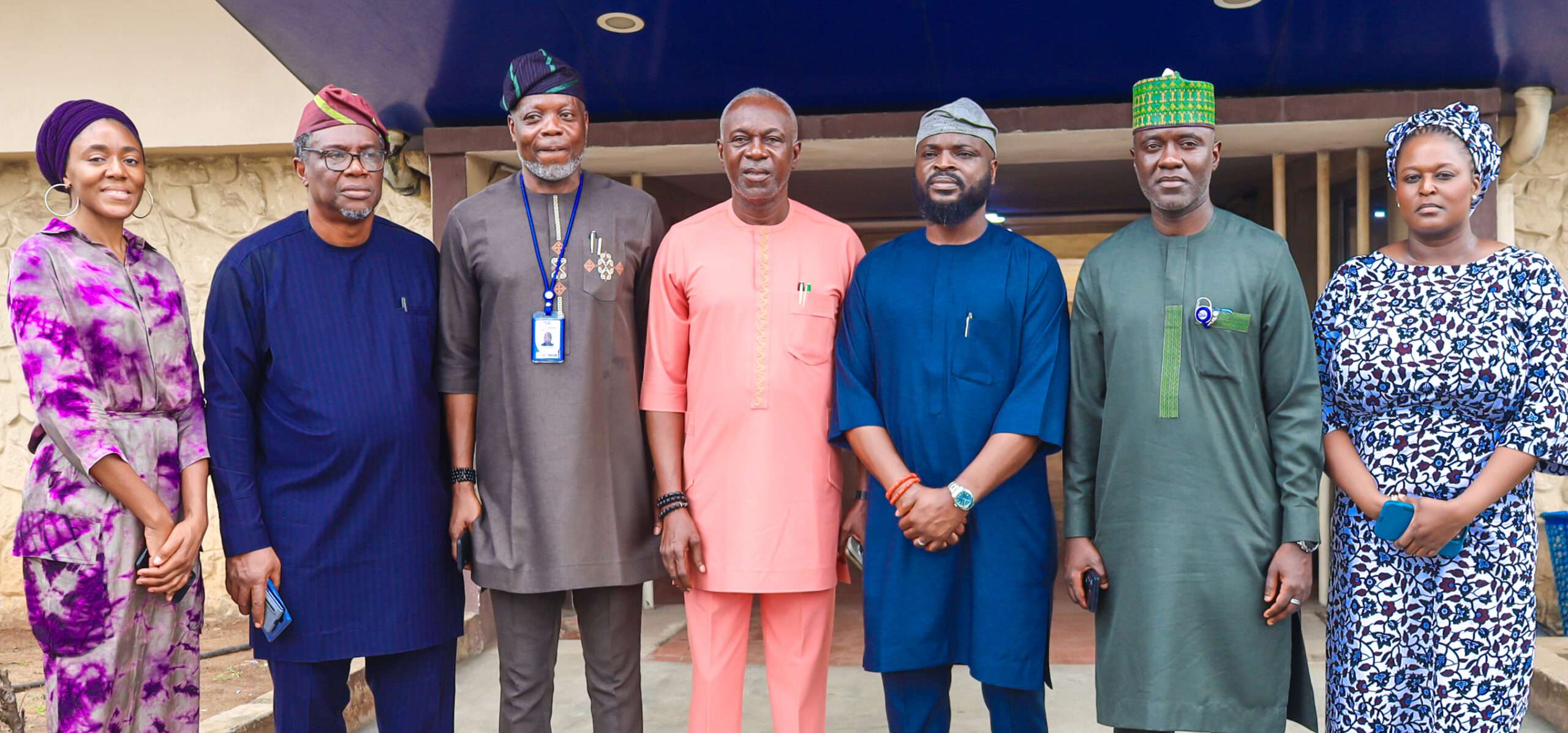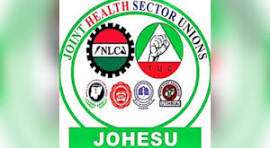By Alex Uangbaoje
The United Nations Children’s Fund (UNICEF) has conducted a gender-focused Water, Sanitation, and Hygiene (WASH) training under the Acceleration to Sanitation and Water for All (ASWA) Phase III Project for stakeholders in Kaduna state.
The training, which aligns with UNICEF’s gender-responsive infrastructure standards and programs, brought together representatives from relevant Ministries, Departments, and Agencies (MDAs), Civil Society Organizations (CSOs) implementing WASH programs, and officials from Lere and Kagarko Local Government Areas (LGAs)—the two pioneering LGAs implementing the ASWA III project.
Funded by the Government of the Netherlands, ASWA III is implemented by UNICEF to strengthen sanitation and water access in Nigeria, with Kaduna being one of the two states selected for this initiative.
Speaking at the training, Mubarak Shehu Ladan, Director General of Kaduna State Rural Water Supply and Sanitation Agency (RUWASSA), emphasized that the state would not take its selection for the ASWA project for granted.
“Kaduna is one of the two states chosen for this project, and we must prove that UNICEF made the right decision. Our track record in similar programs speaks for itself, and we should continue to set an example for others,” he stated.
He encouraged participants to fully engage with the training, ensuring that Kaduna maintains its leadership in WASH implementation.
David Damian, WASH Officer at UNICEF Kaduna Field Office, highlighted the project’s broad impact, emphasizing its focus on climate-resilient WASH facilities in communities, schools, and primary health centers.
“This project is unique because it not only provides WASH services but also builds resilience. We are talking about boreholes in public places like markets and motor parks, ensuring sustainable access to water,” Damian explained.
He noted that ASWA III follows a co-funding model where the Kaduna State Government contributes 50% of the budget, with UNICEF matching the amount. Encouragingly, local governments have also expressed interest in contributing funds.
“The LGAs have developed an ASWA plan with specific activities they will implement. This shared investment will ensure state, local governments, and communities take ownership of the project, sustaining interventions beyond the project’s completion in 2027,” Damian added.
Key Features of ASWA III: Sustainability, Climate Resilience, and Gender Transformation
Unlike previous UNICEF WASH interventions, ASWA III includes three additional thematic areas:
Sustainability – Ensuring water infrastructure, such as solar-powered and hand-pump boreholes, lasts their full design lifespan.
Climate Resilience – Preparing for climate-related challenges such as floods and droughts that could affect water supply.
Gender Transformation – Conducting gender assessments to evaluate the involvement and impact of WASH initiatives on women and girls in the target LGAs.
According to Damian, gender assessments conducted in Lere and Kagarko revealed significant gaps in gender inclusion within WASH programming. The ASWA project is now addressing these gaps by integrating gender-responsive solutions.
“With this approach, we aim to ensure that WASH services are not only accessible but also equitable, especially for women and girls,” he concluded.




